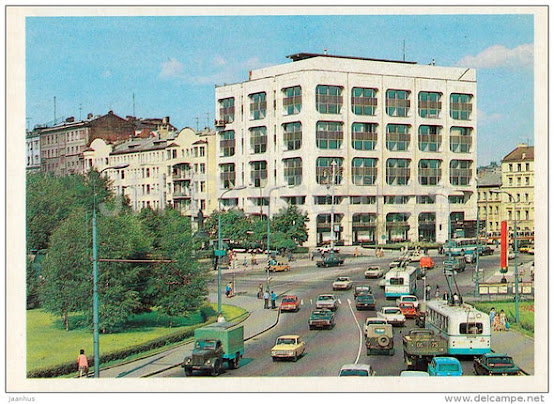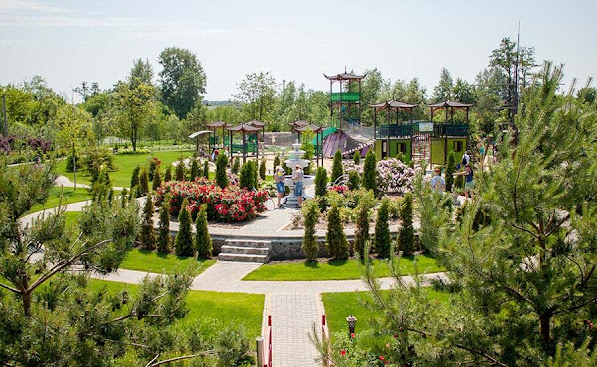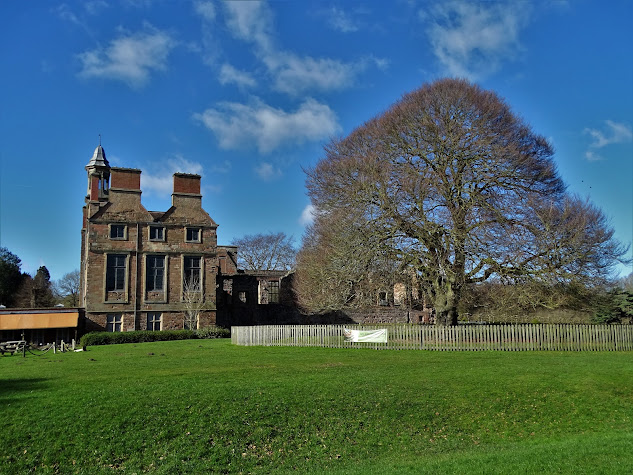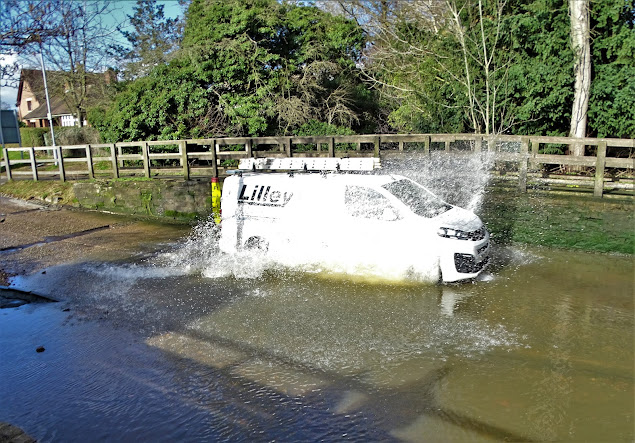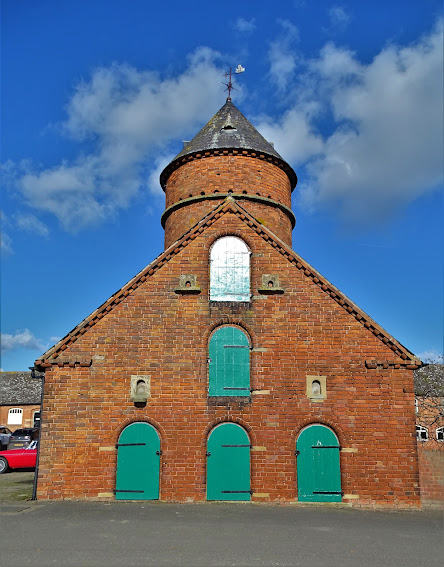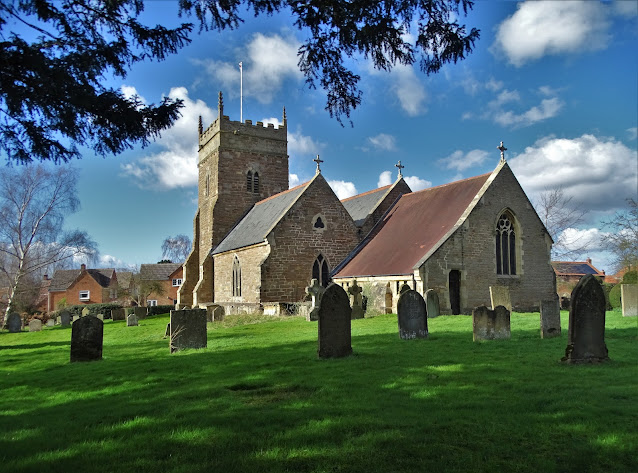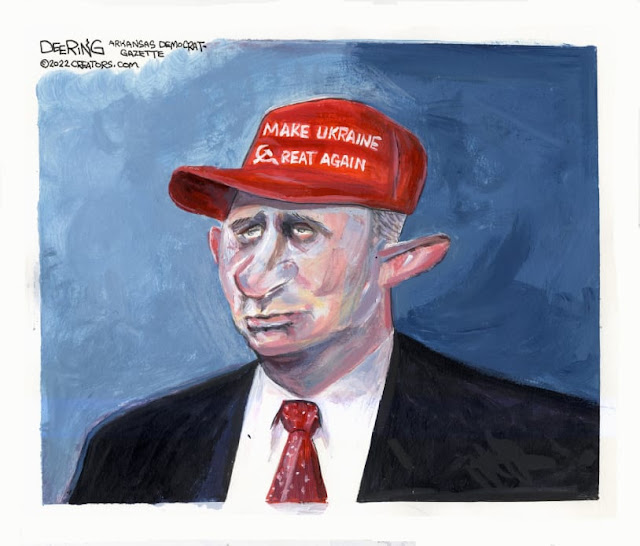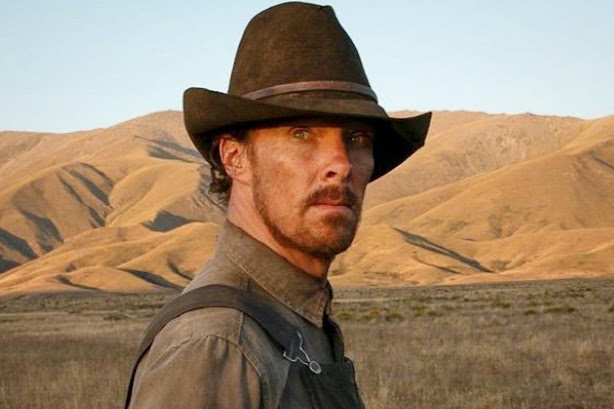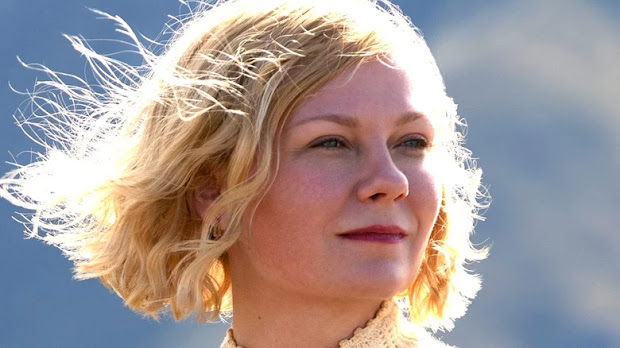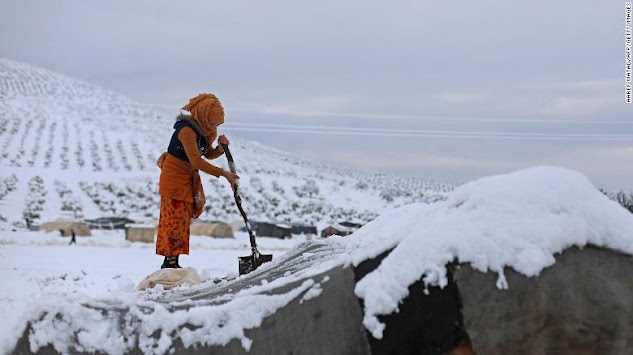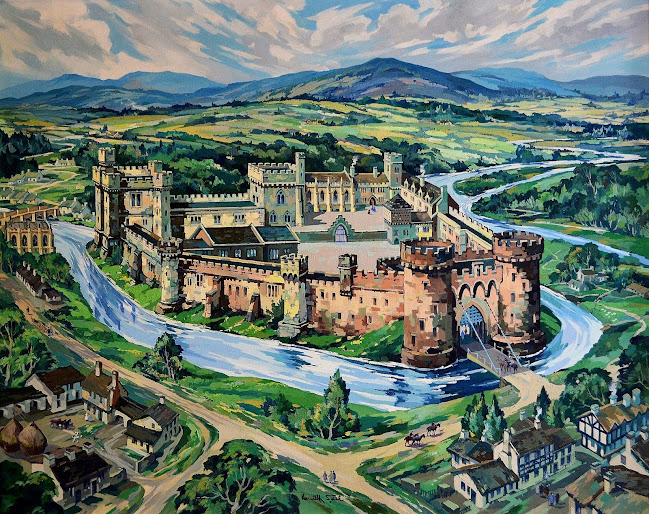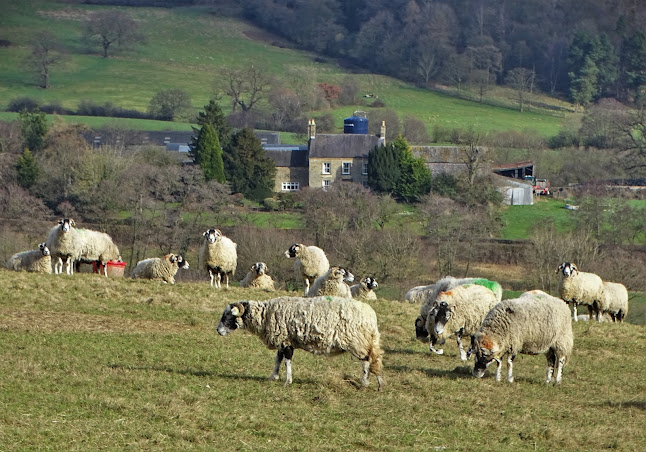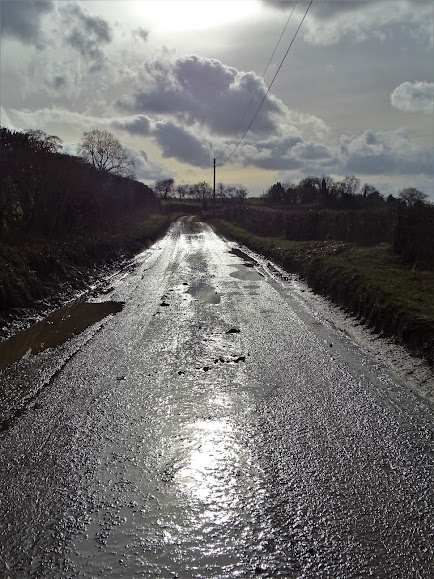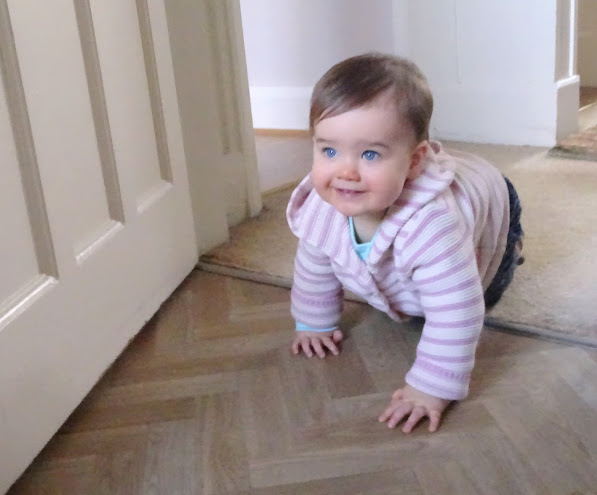Illustration: Lee Martin/Guardian Design
Let me say straight off that I am an omnivore. I will eat just about anything apart from endangered animals and foie gras. I mean, the traditional process for producing foie gras seems downright cruel to me. Yes - I draw the line at foie gras.
I suggest that every omnivore is different from the next. We each have our preferences and dislikes. I have never been fond of octopus and if I never eat it again in my life I will not be bothered. When it comes to vegetables and fruit, I will eat just about anything though I am not fond of pears. On the other hand, my wife likes a nice juicy pair pear but hates okra for some unfathomable reason. She is also not fond of fatty bacon - preferring the really lean stuff. Such idiosyncrasies are typical of omnivorous humans - well perhaps only those of us who are fortunate to live in the affluent west.
Years ago when our Ian was but a babe in arms, we invited a family we knew round to our house for a nice Saturday evening meal. Jazz was a teaching colleague and his wife Fiona was a part time primary school teacher. They had two small boys - one of whom, years later, tragically killed himself when he was at university.
A couple of days before the meal, Jazz informed me that he and Fiona had recently decided to become vegans. Oh hell - I thought- for we had never consciously prepared a vegan meal before. Nevertheless, with extra effort we managed it and the vegan meal went down well though I would have liked to see a fat pork chop on my plate. Before they went home, one of the little boys told me in confidence that his parents still ate meat occasionally. After all that effort I felt we had been played. Bloody vegans!
Roll the clock forward about thirty years and our son Ian tells us he has decided to become a fully fledged vegan. Christ all bloody mighty - a flaming vegan! That's all we needed to hear.
In the last seven years, Ian has been on an astonishing journey. From starting as an unemployed vegan who could not foresee where his life was going to becoming a champion for meat and dairy-free dining. He and his old schoolmate Henry have produced six vegan cookbooks and a seventh book about vegan living called unsurprisingly, "How To Live Vegan". They have been on television numerous times and even had their own ten part TV show called "Living on the Veg".
I have observed this plant-based journey from close quarters and Shirley and I are of course immensely proud of what has happened thus far. We have also learnt a lot more about what veganism entails and what it means to be vegan. Of course, we have eaten many vegan meals.
Now I return to my first point. Just as omnivores are different, so are vegans. Some people become vegan because they hate the idea of killing animals. With others it is about making their small contribution to the battle against climate change. Less meat consumption means lower carbon emissions. Some people are just part time vegans, only consuming meat, egg or dairy dishes at the weekend. After all, veganism is not a religion. Some vegans are very strict about avoiding all animal products but others are more chilled about it. Some vegans dislike the idea of fake meat products but others embrace them, happy to admit that they enjoy those old food sensations - eating pies, burgers and sausages for example. Why not? Those fake meat products do not involve any slaughtering.
Over these past seven years when plant-based eating has grown massively in popularity, I have been surprised at the amount of angry veganismism I have encountered. It's a bit like the prejudice that is part and parcel of other -isms, like sexism for example. Just as it is wrong to paint all women or all men with the same brush, making sweeping generalisations on the basis of gender, so surely it is equally wrong to do the same thing with veganism.
There is no typical vegan. They are all different - like people in the omnivore world. In my estimation, veganismism is a bad thing. Rather than blowing off about vegans, it would be better for angry veganists to consider why plant-based diets are on the increase just like vegan products in supermarkets. More and more young people are turning away from animal products in favour of plants and this is a trend that seems set to continue. Thankfully, it is no longer weird to be vegan.


